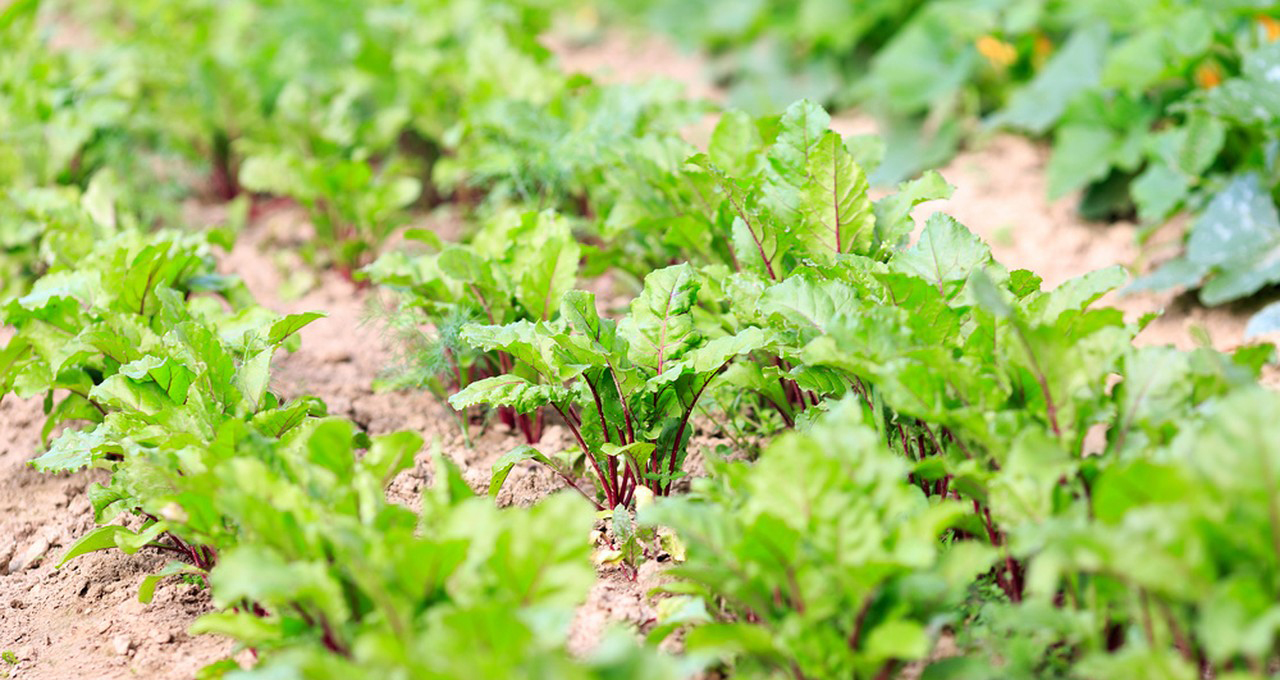Bacillus pumilus is a species of bacteria that belongs to the genus Bacillus, which is a large group of Gram-positive, rod-shaped, spore-forming bacteria. This bacterium is widely distributed in various environments, including soil, water, air, and even in the gastrointestinal tracts of animals. Bacillus pumilus is known for its remarkable adaptability and ability to survive in harsh conditions.

Origin of Bacillus Pumilus:
Bacillus pumilus was first isolated and identified in the early 20th century. Its name “pumilus” is derived from the Latin word “pumilus,” which means “dwarf” or “tiny,” likely referring to its relatively small cell size compared to some other Bacillus species.
Properties of Bacillus Pumilus:
- Spore Formation: Bacillus pumilus, like other Bacillus species, can form highly resistant spores. These spores enable the bacterium to withstand extreme temperatures, desiccation, and exposure to harsh chemicals, making it highly durable and resilient.
- UV Resistance: Bacillus pumilus is particularly known for its exceptional resistance to ultraviolet (UV) radiation. This characteristic makes it relevant in various industrial and biotechnological applications, including the production of enzymes and other products requiring UV stability.
- Enzyme Production: Bacillus pumilus is capable of producing a variety of enzymes, including proteases, lipases, amylases, and cellulases. These enzymes have significant biotechnological applications in industries such as detergents, food processing, and waste management.
- Biocontrol: Some strains of Bacillus pumilus exhibit antagonistic properties against plant pathogens, making them useful in agricultural practices for biocontrol and plant protection.
- Biodegradation: Bacillus pumilus plays a role in the biodegradation of organic matter, aiding in the recycling of nutrients in the environment.

Brief Introduction:
Bacillus pumilus has drawn considerable interest from researchers and industries due to its various useful properties. Its UV resistance and enzyme production capabilities have led to applications in biotechnology, where it is used for industrial enzyme production and in products requiring UV-stable enzymes. Additionally, its biocontrol potential and involvement in nutrient cycling make it an essential component of various ecosystems.
Researchers continue to explore the full potential of Bacillus pumilus and its applications in various fields, including agriculture, biotechnology, and environmental management. As with any bacteria, it is essential to handle Bacillus pumilus with appropriate safety measures, especially when dealing with spore-forming species, to prevent unintended consequences and ensure responsible use.
